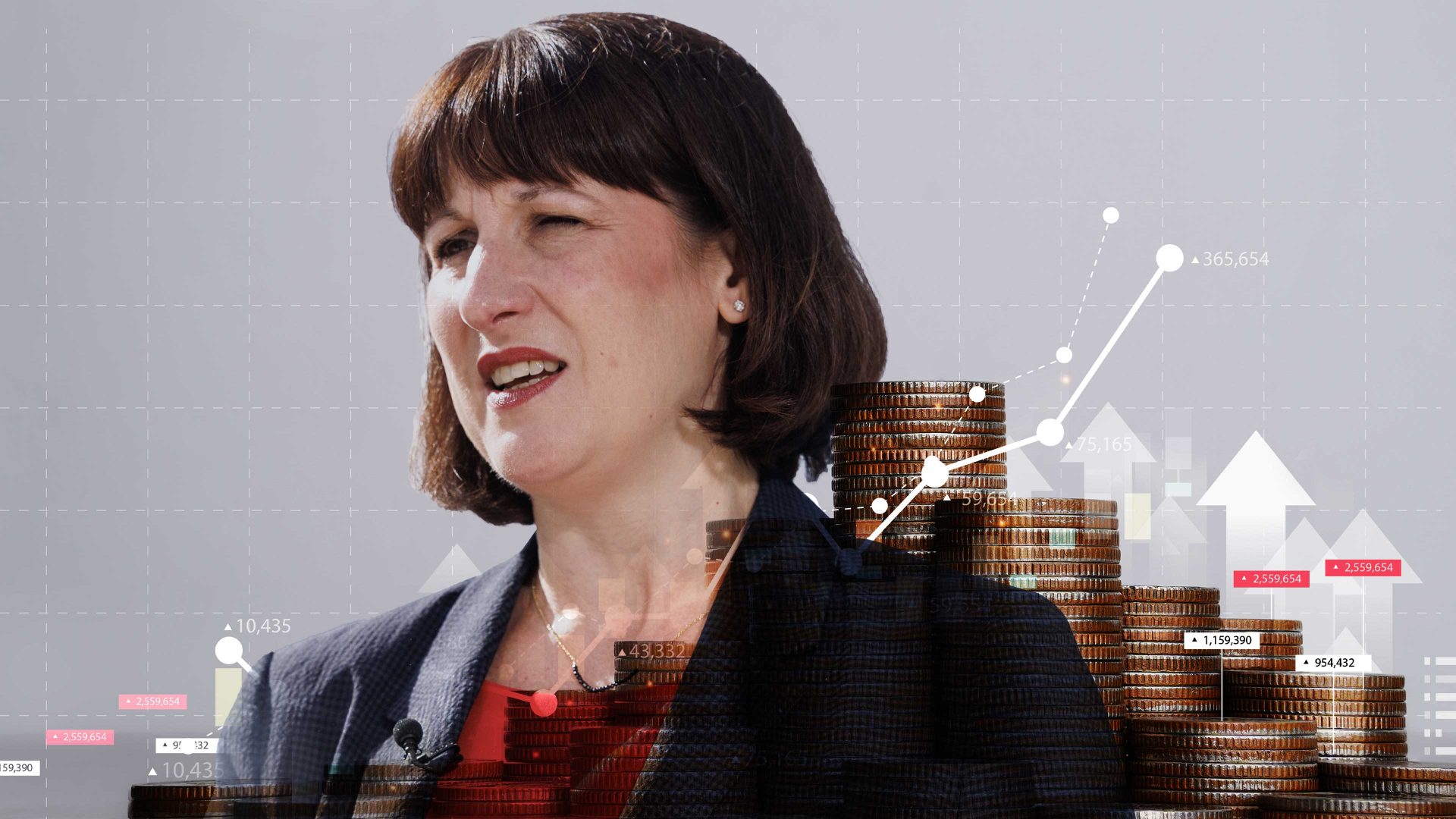Pleasing all of the people all of the time may be impossible but Rachel Reeves seems to be close to pleasing none of the people most of the time. The lead up to the Labour chancellor’s first budget has been packed with possibilities guaranteed to cause upset. Whether they are leaks, exercises in kite-flying or simply journalistic fantasies, the stories of what Reeves has in mind amount to a nightmare script.
But she must not be deterred. This budget marks a one-off opportunity for the government to reset the British economy on a realistic path towards good health after decades of abuse. It will, inevitably, cause hurt but – feel the burn – this could be relatively short-term pain for genuine long-term gain.
Almost everyone will pay. The government’s pledge not to increase the main taxes on “working people” cannot be honoured in any sense that would survive rigorous examination. Increasing employers’ national insurance contributions, now as close to being a certainty as any budget move can be, does amount to a tax on jobs that will depress pay, even if it is restricted merely to pension contributions.
Holding down tax thresholds for another couple of years equates to a tax increase, particularly after the period of high inflation the UK has endured; lifting fuel duty amounts to a direct hit on the pocket of the individual who must drive to work.
It is clear that Reeves is not courting short-term popularity. Instead, quite rightly, she seems determined to finally wean the country off “cakeism”. Boris Johnson was the arch exponent of this philosophy of having your cake and eating it – but his predecessors had not been averse to such fantasies. Gordon Brown’s assurance that new schools and hospitals could spring up without costing the taxpayer a penny left later generations with a continuing hefty bill.
Reeves seems genuinely focused on the bigger picture, as is Keir Starmer. They know they have to take hard decisions now if the benefits are to be felt before the next election. If by then most of the country is feeling a little better off, and a lot more optimistic, Labour will be assured of a second term.
It seems that Reeves will flex the fiscal rules to allow borrowing to invest in some capital projects. The indications are that the City is relaxed, even enthusiastic, about this and many billions could be available. This could provide the most positive news in the budget. A programme for building social housing should be a vital component of the package.
Monday’s launch of the “national conversation” on the NHS foreshadowed the fact that much of the emphasis in the budget is likely to be on the need to raise funds to resurrect the health service. But very little is being said on social care. That is a real challenge that successive governments have ducked and the indications seem to be that Reeves is not yet ready to tackle it either.
As an issue, social care cannot be separated from the NHS but it is capable of gobbling up money and the government will have to come clean about how it plans to provide for that. Lobbing it into Wes Streeting’s NHS conversation only delays the inevitable call for a funding stream.
But for now, Reeves’ target of £35-40bn of tax rises and spending cuts, heavily skewed to the former, is probably enough for the public to digest. Every change that has been mooted so far brings howls of dissent, briefings that money will be driven out of the country instead of into the chancellor’s coffers and faux outrage at broken promises. Reeves must take account of the verdict on her proposals from the Office for Budget Responsibility but is unlikely to be swayed by the numerous thinktanks that spew out their thoughts.
She will move closer to aligning capital gains tax with income tax, which makes sense, particularly when the private equity world continues to be enriched by effectively claiming income as capital gains. She will also clamp down on some of the more generous aspects of the pensions regime which particularly benefit the better off.
There will also be some toughening of the inheritance tax rules. Despite the perception that this is dangerous territory because of an innate wish of one generation to pass on wealth to the next, only 4% of estates pay inheritance tax. However, some of the wealthiest pay relatively little and the indications are that Reeves is intent on changing that. That would be fair and, if she can make “fairness” the watchword for the budget, then one day she might just end up a popular chancellor.




